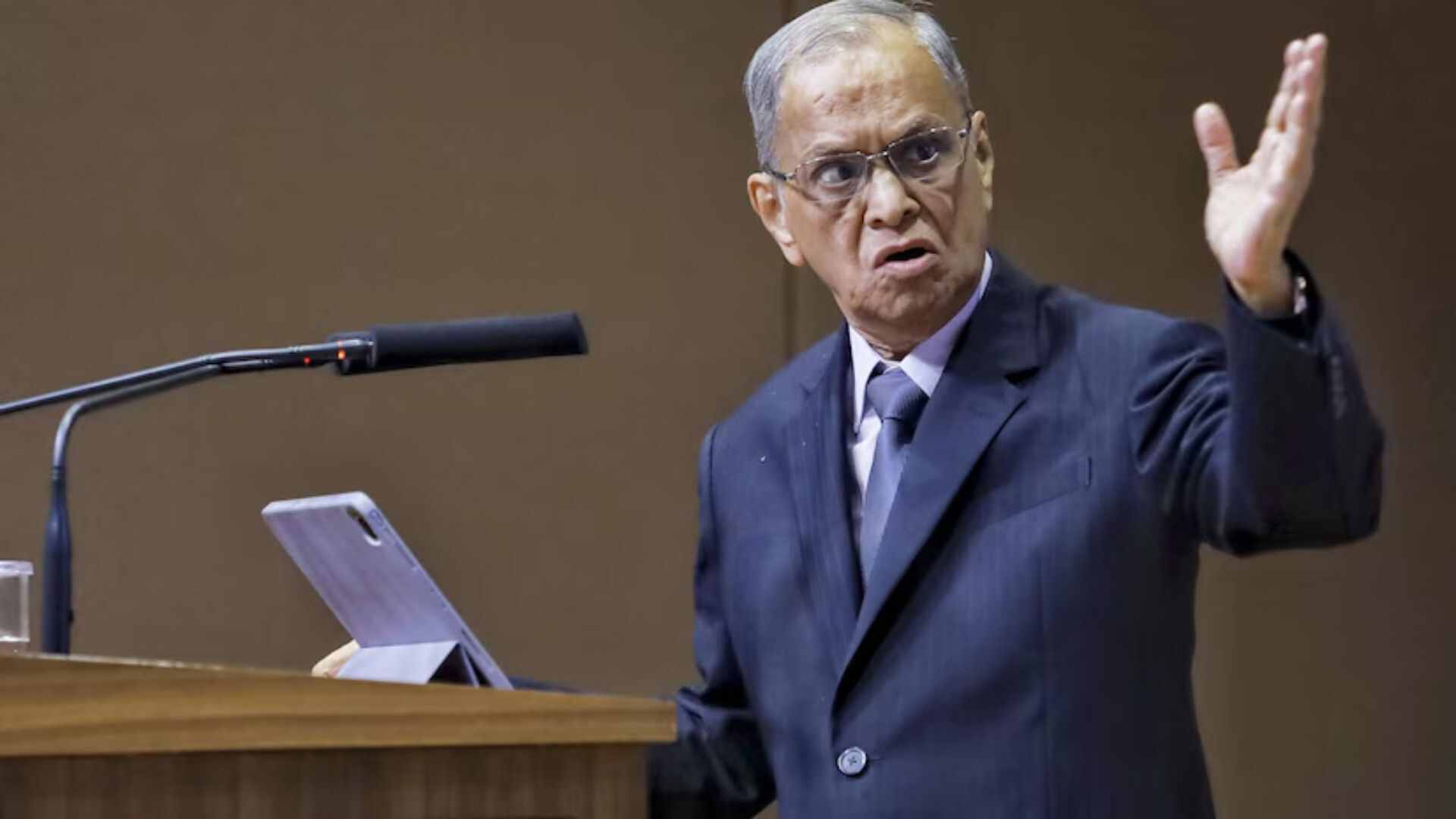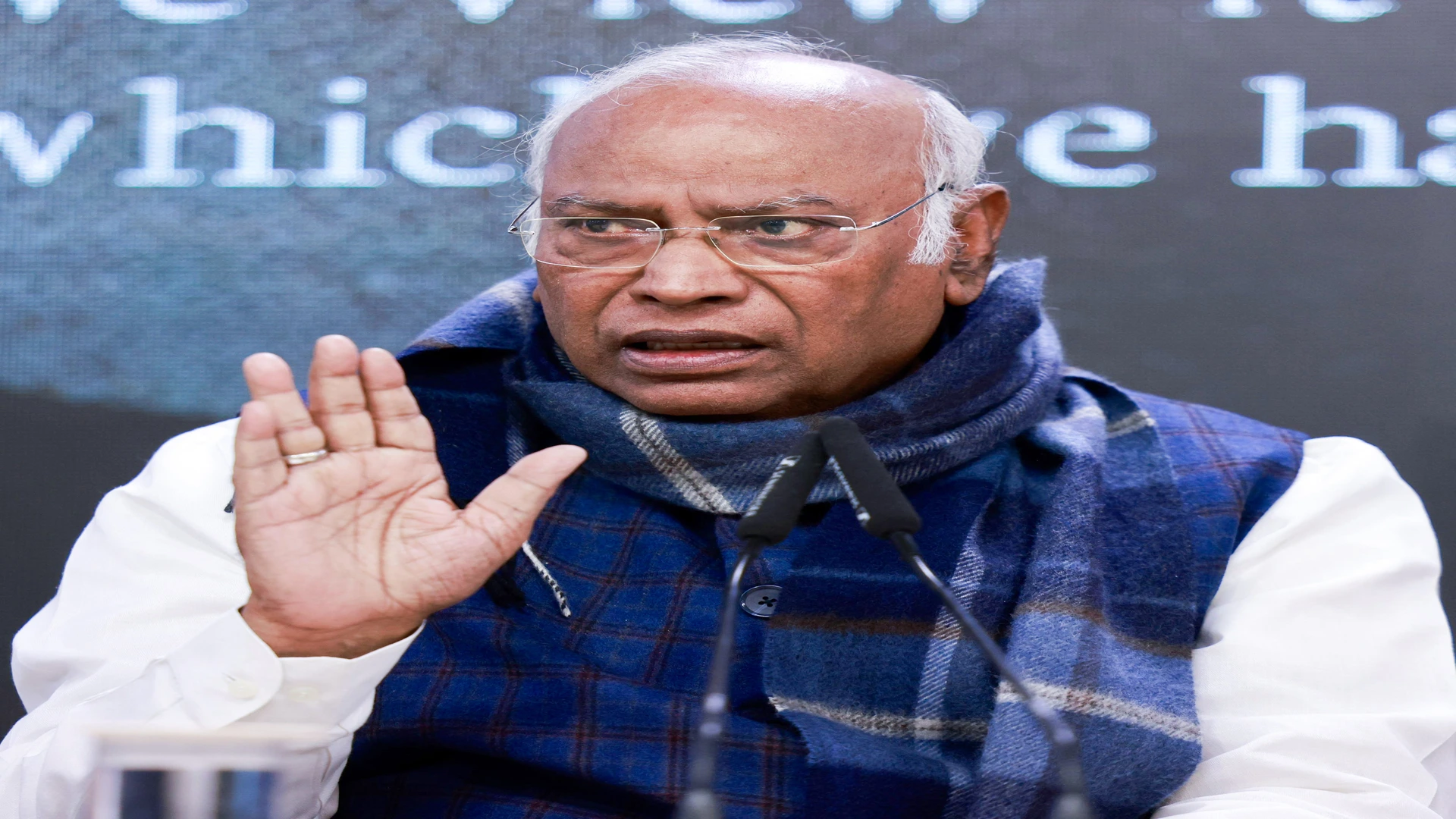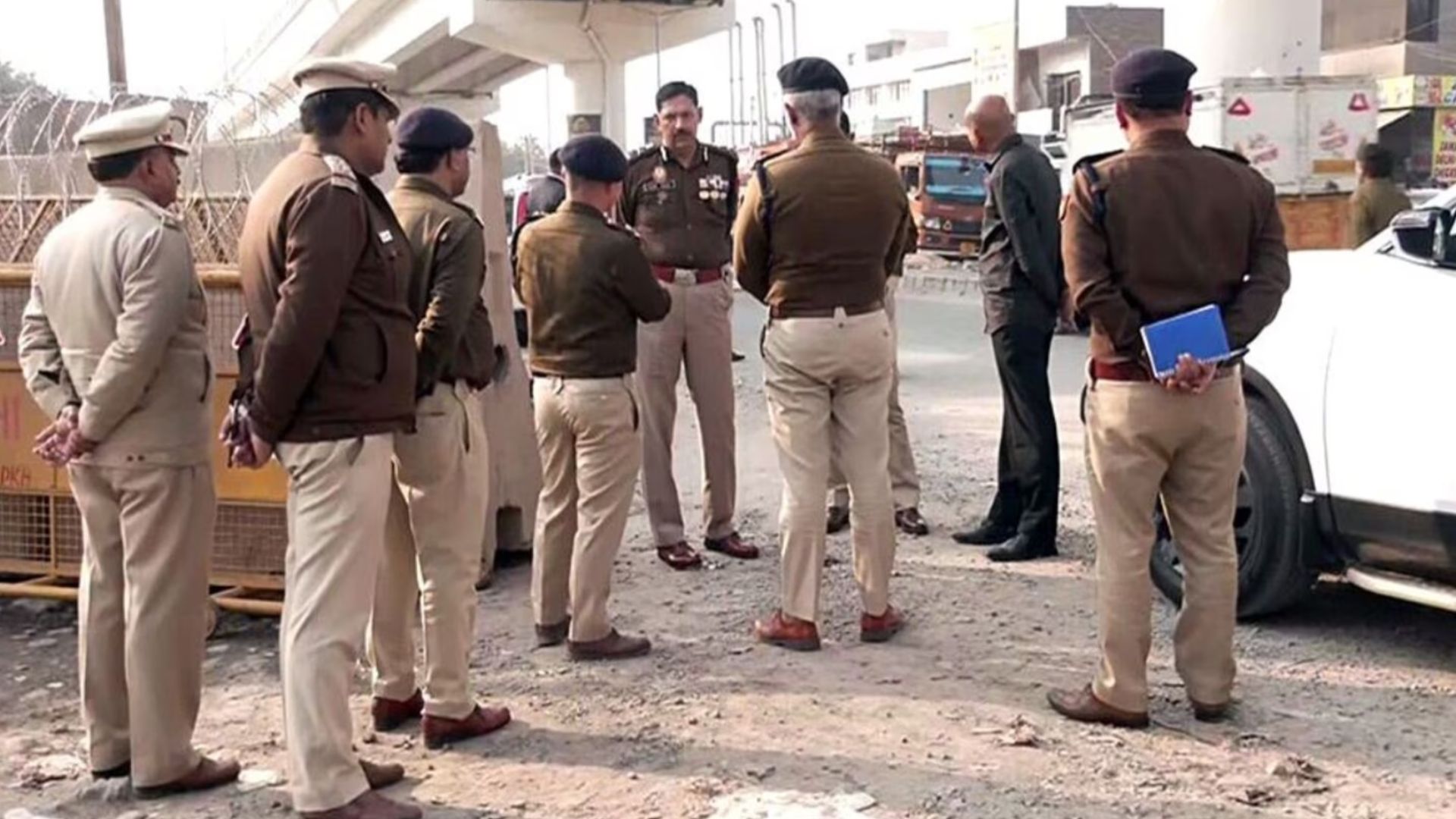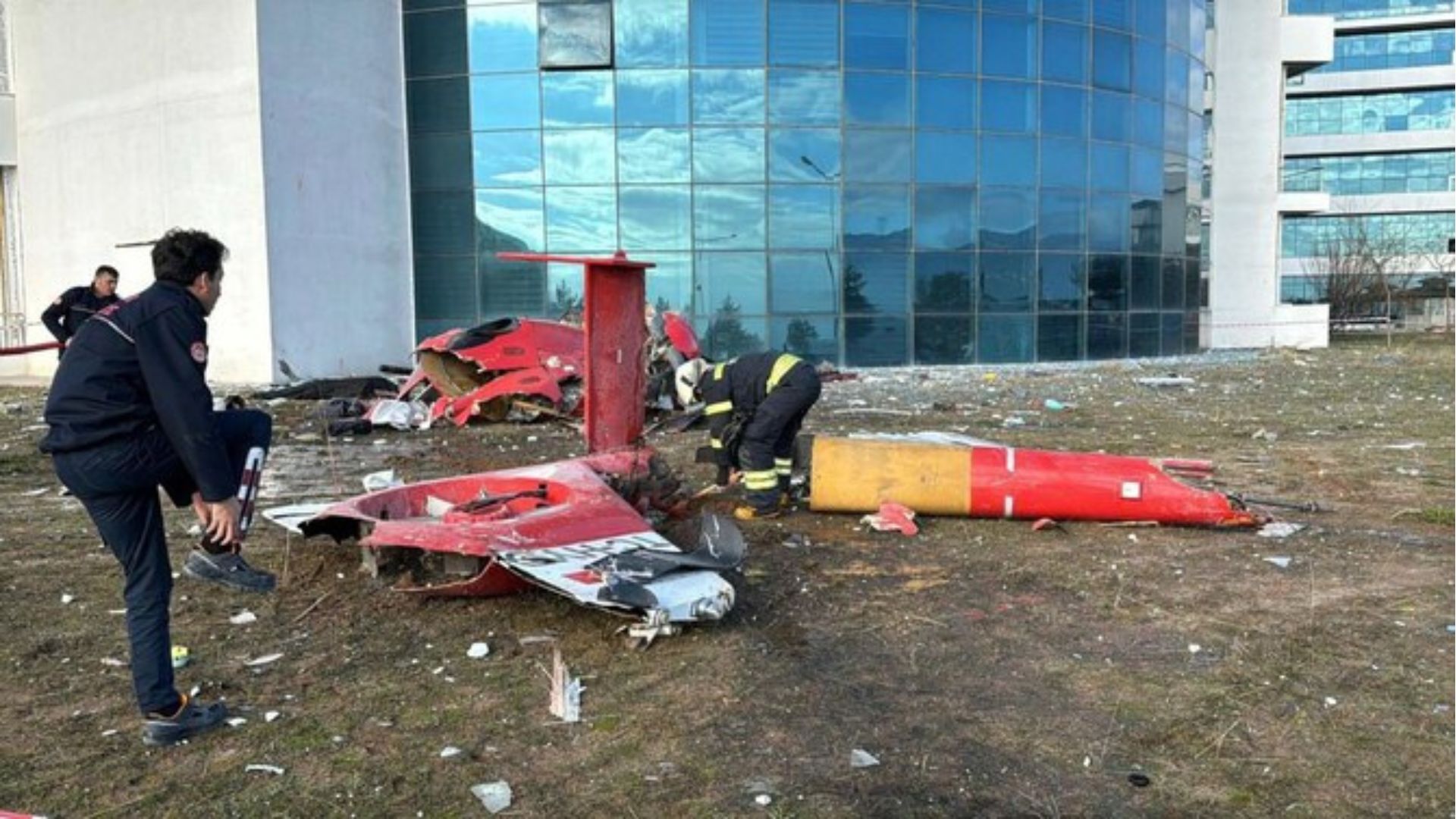Infosys co-founder Narayana Murthy recently stood by his controversial comments advocating a 70-hour workweek, emphasizing that hard work is key to India’s progress. At the CNBC Global Leadership Summit, he remarked, “I am sorry, I have not changed my view. I will take this with me to my grave.”
Murthy expressed his disappointment with India’s shift from a six-day to a five-day workweek in 1986, stressing that national development requires sacrifice, not relaxation. Citing Prime Minister Narendra Modi’s grueling 100-hour workweeks, he added, “When PM Modi is working that hard, the only way to show our appreciation for what’s happening around us is by working just as hard.”
He referenced post-WWII Germany and Japan as examples of nations that rebuilt through hard work, suggesting that India should follow a similar path. “This is what they did to rebuild their countries,” Murthy stated.
The 78-year-old entrepreneur also shared his personal experience, revealing that he maintained a punishing schedule throughout his career, often working 14-hour days and six and a half days a week. “I’m proud of it,” he said, underscoring his belief that hard work is the key to success. “We need to work hard in this country. There is no substitute for hard work. Even if you are the most intelligent guy, you have to work hard,” he affirmed.
To improve public service delivery, Murthy proposed a new approach to hiring managers, suggesting that PM Modi’s government consider recruiting candidates with formal training in specialized sectors, rather than relying on the current civil services examination system. Successful candidates would be trained at Mussoorie’s Lal Bahadur Shastri National Academy of Administration, focusing on areas like agriculture, defense, or manufacturing. These subject matter experts would then serve the country for 30 to 40 years.







